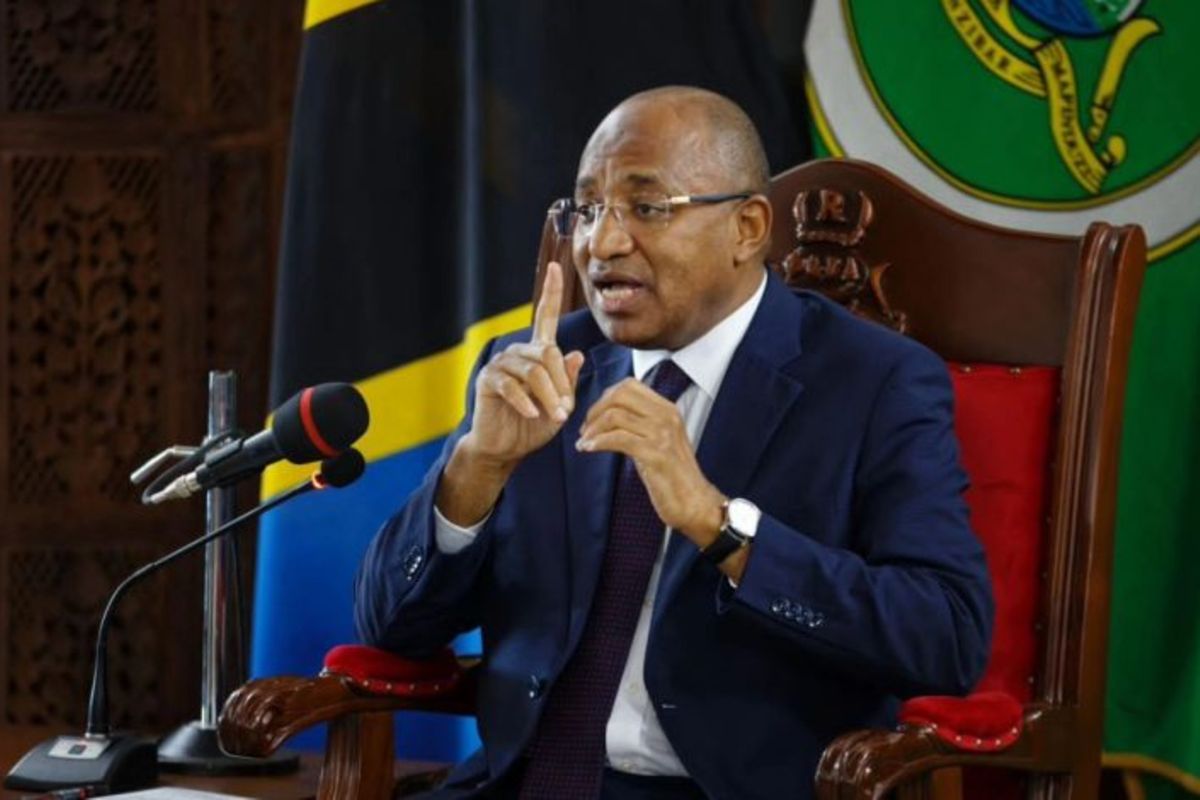Unguja. The Zanzibar Investment Promotion Authority (Zipa) has registered 353 new investment projects valued at $5.5 billion (Sh15 trillion).
These projects, registered during the three years of the eighth phase of government, are expected to create 20,000 jobs, primarily in the tourism sector.
Speaking during the launch of the Shukran Palace Hotel in Michanvi, Southern Unguja, on September 21, President Hussein Mwinyi stated that the establishment of major projects on the island has been greatly influenced by the ongoing peace and security in the nation, alongside favourable policies.
“The presence of peace and security in our country has encouraged many foreign investors to view our islands of Unguja and Pemba as the right places to invest their capital,” said Dr Mwinyi.
He urged the public to maintain peace and continue supporting the government so that ongoing investments in various development projects can effectively enhance the nation’s economy.
Additionally, he praised the private sector for its continued support of government initiatives in areas such as commerce and investment.
“The government recognises the contribution made by the private sector in aiding the development of our country,” noted Dr Mwinyi.
He said that the government is rapidly implementing development projects, including the construction of the Mangapwani Port, which will incorporate fishing port activities, oil and gas storage, processing industries, and the development of a modern city.
Furthermore, he stated that the government is continuing to improve and build road and airport infrastructure, enhancing access to energy, clean and safe water, quality education, health services, and other social amenities.
The minister for the Office of the President, Work, Economy, and Investment, Mr Shariff Ali Shariff, emphasised that the investment sector in the country has significantly contributed to the implementation of the Zanzibar Development Vision 2050, which aims to boost the economy, create jobs and reduce poverty among Zanzibaris.
“To confirm this, we have witnessed the successes mentioned, and we continue to observe them,” said Mr Shariff.
He announced that a total of 16 investment projects with a capital value of Sh377.5 million (approximately Sh1 trillion) have been registered for investment in small islands.
“The investment vision for the islets has begun to bear fruit. Finally, the first project in island investment has been completed in Bawe Island, Unguja, valued at $38 million (Sh100 billion). We expect to officially launch it anytime soon,” said Mr Shariff.
Another successful area is the opening of Pemba as a strategic investment zone, where the legal framework has been modified to encourage investment on the island, accompanied by special incentives for investors.
To ensure that incoming investments directly benefit citizens, the ministry is conducting research aimed at assessing employment generated by investment projects and identifying their economic impacts.
The director of ZIPA, Mr Saleh Saad Mohamed, stated that the hotel project is among five-star hotels in the Southern Unguja region, comprising a total of 10 buildings with 100 rooms. This project has already created 245 formal jobs for locals.
The Southern region is leading in attracting significant investments in the hotel sector.















